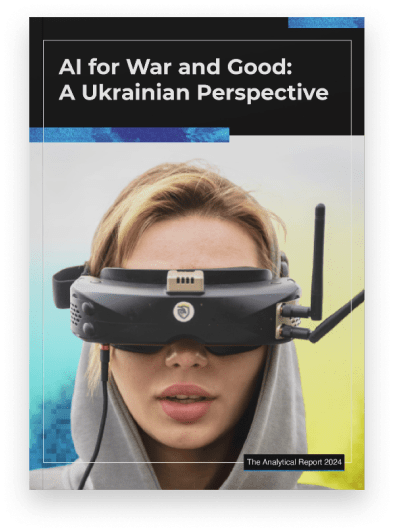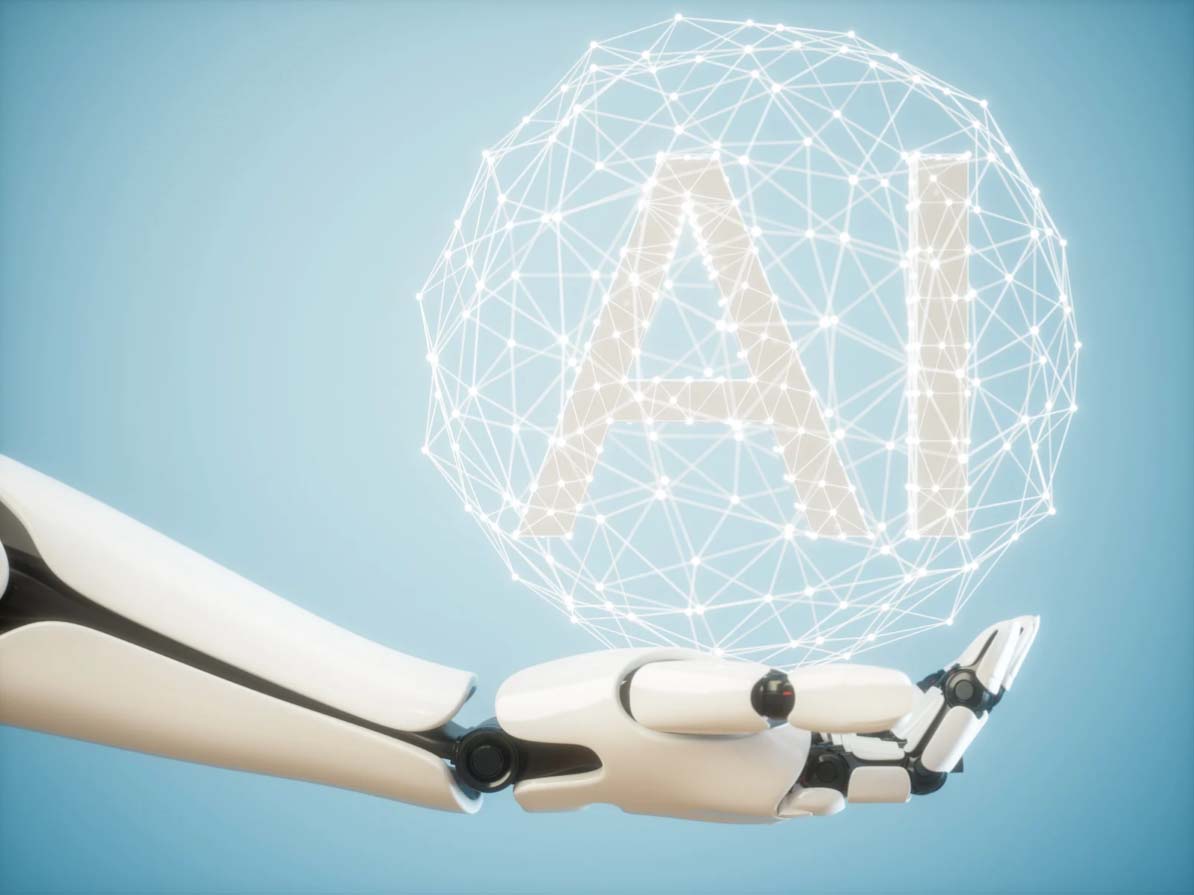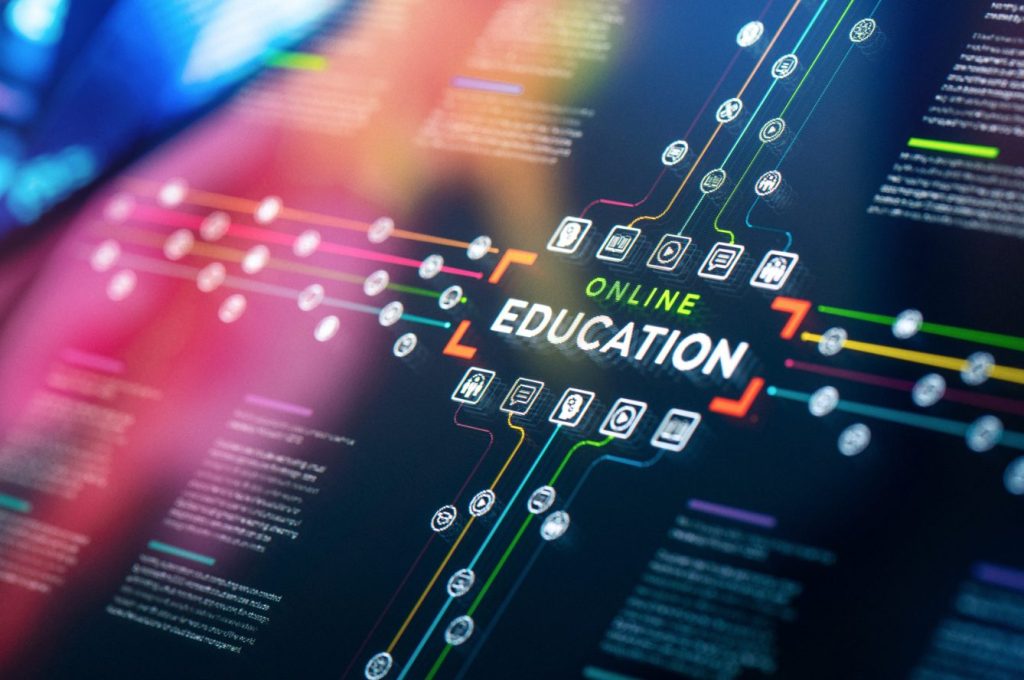In a world increasingly shaped by artificial intelligence, a global call has emerged, urging governments, corporations, and civil society to direct AI’s capabilities toward solving society’s most urgent challenges. This initiative, known as “AI for Good,” champions the responsible and purposeful use of AI for public benefit, emphasizing the ethical, sustainable, and inclusive growth of technology. From addressing climate change and improving healthcare to expanding educational opportunities and enhancing accessibility, “AI for Good” is not just a catchphrase; it’s a paradigm shift that calls for collaborative effort to ensure AI serves humanity’s collective welfare.
Why “AI for Good” Matters
While AI technology holds the promise of unprecedented efficiency and innovation, it also raises ethical concerns, including issues of privacy, transparency, and inequality. Unchecked, AI could exacerbate these issues, disproportionately benefiting some while leaving others behind. The “AI for Good” initiative aims to counter these risks by aligning technological progress with societal well-being, positioning AI as a tool for equity rather than division.
At the heart of this movement is the recognition that AI’s transformative potential to solve complex, global challenges can only be realized if those solutions are built with fairness, accessibility, and respect for human rights in mind. The focus on inclusive and ethical AI ensures that its power is leveraged not just for profit but to build a more sustainable and just society.
Microsoft AI Lab: Pioneering AI for Public Good
Microsoft’s AI Lab stands as a leading example of the corporate world’s commitment to the “AI for Good” initiative. Driven by a mission to democratize AI, Microsoft collaborates with non-profit organizations, academic institutions, and developers worldwide to create solutions that target key areas of public interest:
- Healthcare Innovation: At the forefront of healthcare transformation, the Lab is advancing projects that improve diagnostics, enable telemedicine, and accelerate disease research, expanding access to critical health services.
- Environmental Sustainability: From AI models that track climate patterns to tools that optimize resource use, Microsoft’s Lab is focused on projects that combat climate change and promote environmental conservation.
- Accessibility and Inclusion: Committed to making technology accessible to everyone, including those with disabilities, Microsoft’s Lab drives initiatives in speech recognition, image captioning, and adaptive tech to make digital resources universally usable.
In keeping with the “AI for Good” ethos, many of these projects are open-source, allowing developers globally to contribute to and expand upon these AI solutions for the common good.
AI for Good Global Summit: A United Nations Initiative
Perhaps the most visible expression of the “AI for Good” mission is the AI for Good Global Summit, organized by the United Nations in partnership with the International Telecommunication Union (ITU). Launched in 2017, this annual event convenes leading AI researchers, policymakers, and industry experts from around the world to explore AI’s role in achieving the United Nations’ Sustainable Development Goals (SDGs). Topics discussed at the summit encompass a wide range of critical issues:
- Climate Action: Exploring how AI can provide real-time environmental insights, improve disaster response, and promote sustainable practices.
- Health and Wellbeing: Leveraging AI to track disease outbreaks, predict healthcare needs, and personalize treatments for improved public health outcomes.
- Education and Equality: Using AI to bridge educational gaps, tailor learning experiences, and promote gender equality in the workforce.
- Infrastructure and Innovation: Fostering innovation in smart cities and sustainable infrastructure, emphasizing AI’s role in building resilient communities.
The AI for Good Global Summit fosters a unique environment where dialogue, policy, and practice converge. Here, stakeholders work together to set international standards and launch projects that place human welfare at the center of AI development. The summit embodies a commitment to ensuring that AI benefits are equitably distributed and responsibly deployed.
The Future of “AI for Good”
The “AI for Good” movement underscores a central truth about the future of AI: its success cannot simply be measured by technological advancement but by its capacity to create positive, tangible impacts on people’s lives. As governments, corporations, and NGOs unite around this shared vision, initiatives like Microsoft’s AI Lab and the UN’s AI for Good Summit serve as blueprints for how the tech industry can embrace ethical AI.
Ultimately, “AI for Good” represents a vision for AI that extends beyond profit, striving instead to build a world where technology serves as a powerful ally in the pursuit of sustainability, equity, and shared prosperity.









